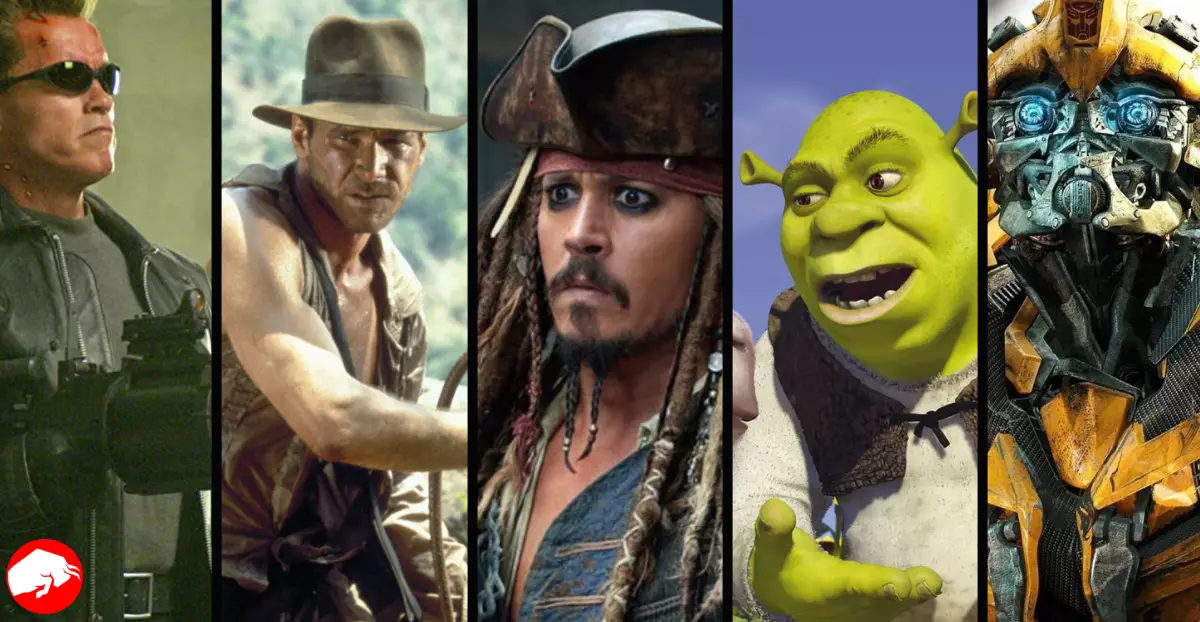Blockbuster franchises have taken over Hollywood, but some should have stopped at three films.
In today’s era of blockbuster filmmaking, major franchises dominate the silver screen, captivating audiences and driving them to theaters in droves. Studios constantly strive to create movie series that taps into nostalgia and familiarity. However, this approach has led to the demise of the beloved film trilogy.
While there have been exceptional additions to certain series, such as Mad Max: Fury Road and the Mission: Impossible films, the results have often been underwhelming. Here, we explore 11 franchises that should have concluded after their third installment.
Indiana Jones: Lost its magic after the original trilogy
The Indiana Jones series is a prime example of a trilogy that should have remained untouched. In the 1980s, director Steven Spielberg delivered three iconic adventure films that captivated audiences.
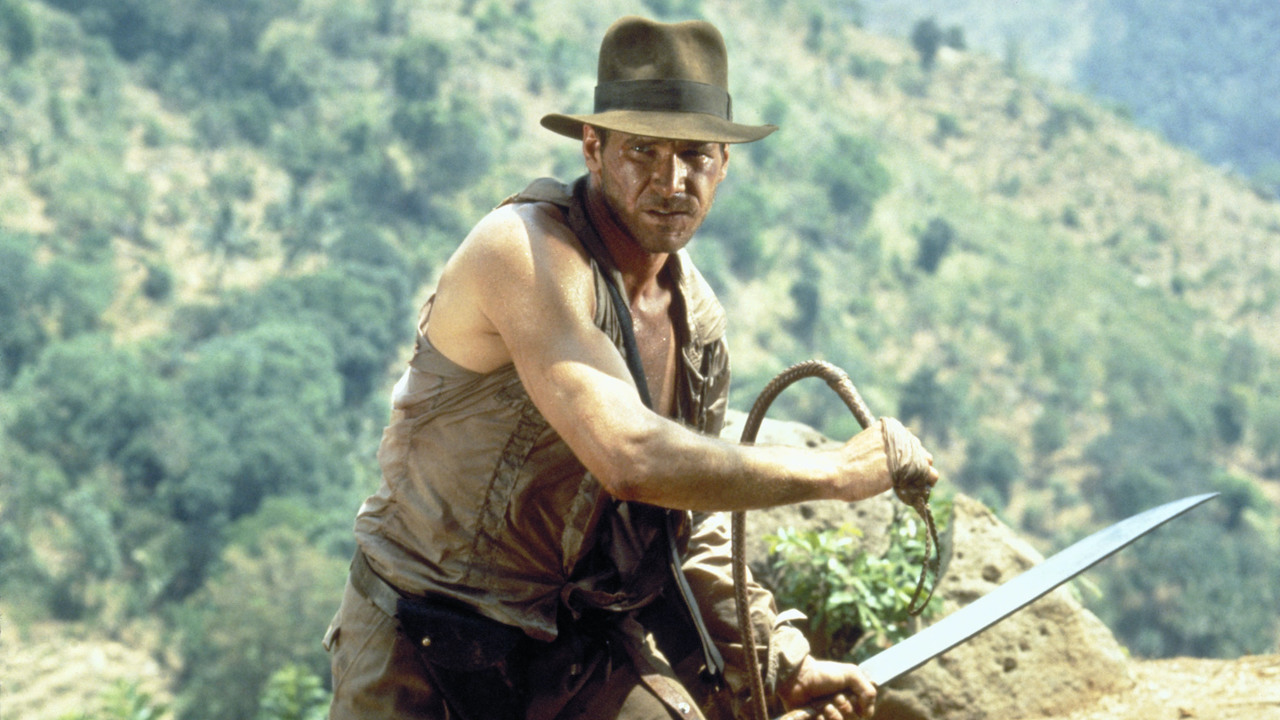
However, subsequent attempts to revive the franchise, such as the uneven Kingdom of the Crystal Skull and the recent underwhelming entry by James Mangold, failed to recapture the original magic. The newest film falls into the same trap, struggling to justify its existence and disappointing fans.
Halloween: A horror series that lost its way
Halloween’s classic horror franchise started strong with its debut film and a decently enjoyable sequel. However, the decision to completely deviate from the original storyline in the third film, Season of the Witch, received mixed reactions.

Since then, the series has produced ten additional films, ranging from absurdity to blatant imitation of the original. The franchise lost its way, diluting the impact of the original film.
Pirates of the Caribbean: Sank with its last two installments
When Disney announced a movie based on the Disneyland ride Pirates of the Caribbean, skepticism abounded. Yet, the first film, The Curse of the Black Pearl, became a fantasy adventure gem, earning critical acclaim and an Oscar nomination for Johnny Depp’s portrayal of Jack Sparrow.

Although the two sequels didn’t reach the same heights, they remained enjoyable epics. Unfortunately, the fourth and fifth films, On Stranger Tides and Dead Men Tell No Tales, were supremely disappointing, damaging the long-term appreciation of the series.
Die Hard: Lost its heart and humor with unnecessary sequels.
Die Hard burst onto the scene in 1988 as an iconic action movie and a perennial Christmas classic. While the first two sequels, Die Hard Two and Die Hard with a Vengeance, attempted to stay true to the franchise’s spirit, the subsequent installments, Live Free or Die Hard and A Good Day to Die Hard, abandoned the heart and humor that made the original film special.
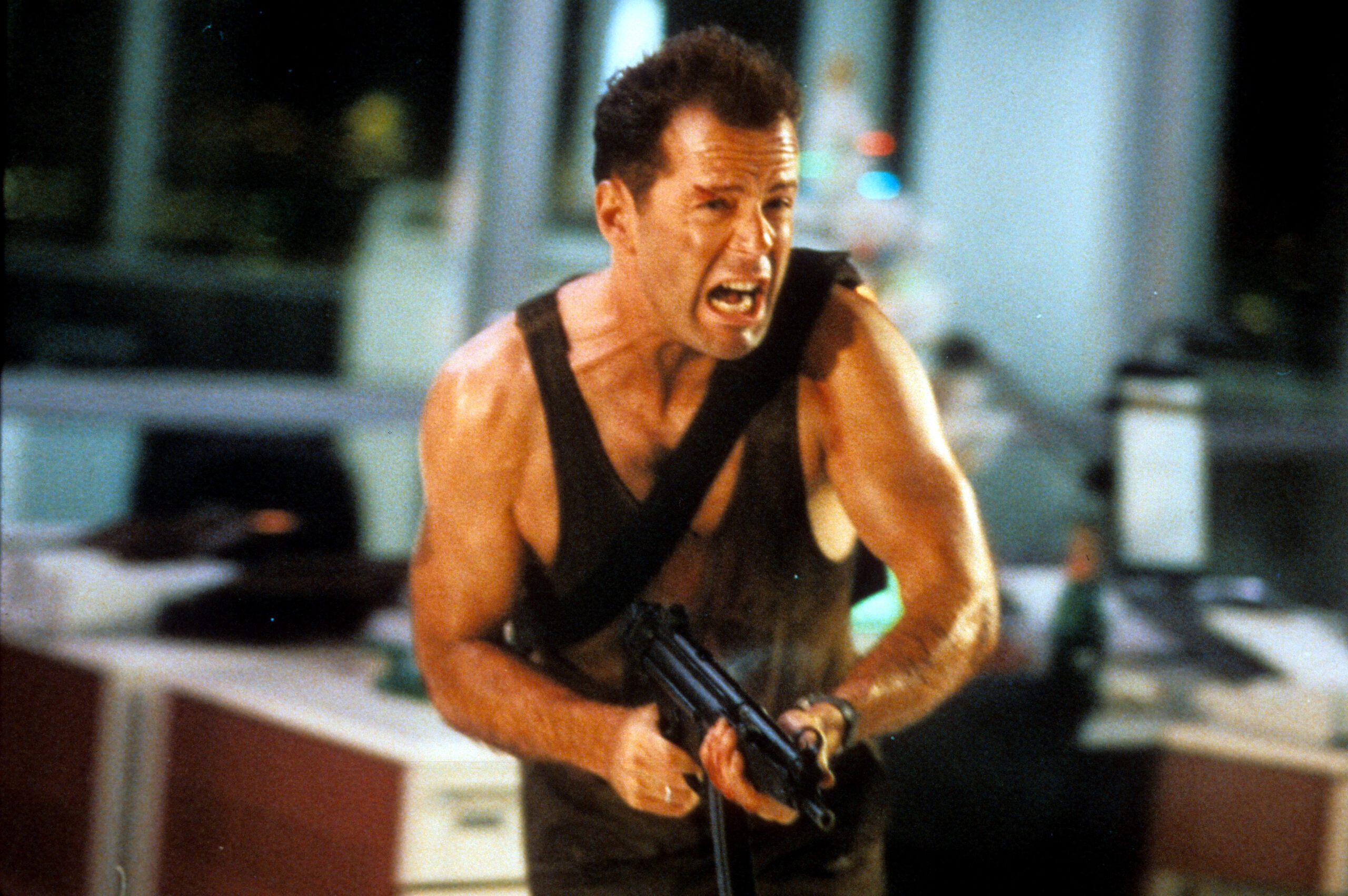
These generic, over-the-top action movies failed to recapture the essence of the original, leaving fans disappointed.
Thor: A series that stumbled after finding its stride
The Thor series struggled initially to establish a consistent tone and personality for the character. However, the third film, Thor: Ragnarok, directed by Taika Waititi, finally struck gold. It showcased an engaging version of Thor and received critical acclaim.
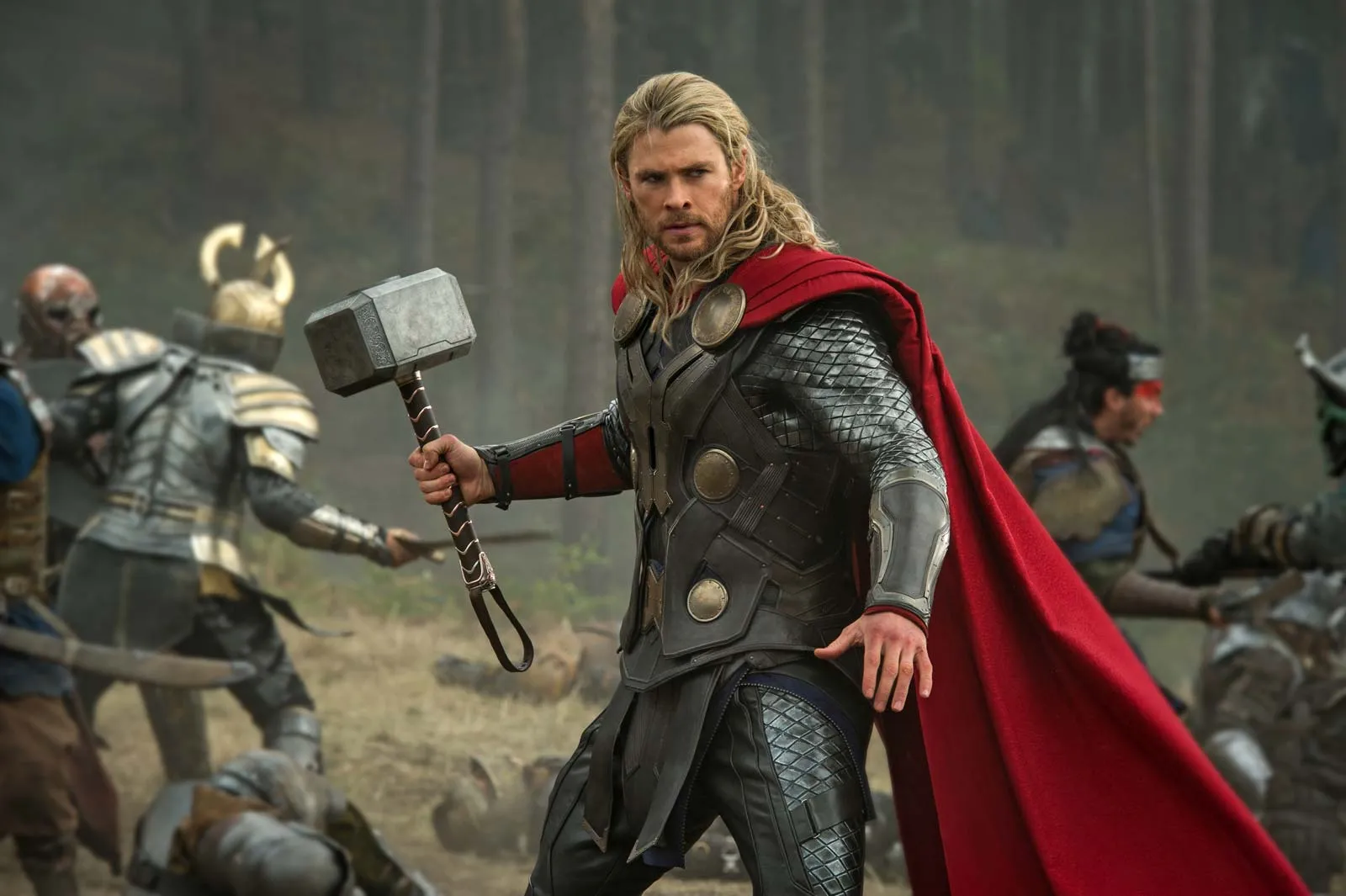
Unfortunately, Thor: Love and Thunder’s follow-up became overly goofy and unserious, neglecting the depth of its characters and storylines. Let’s hope the upcoming fourth Captain America movie avoids the same pitfalls.
Terminator: Multiple failed attempts to revive a beloved franchise
James Cameron’s Terminator films are considered sci-fi classics, particularly the first two. However, after the disappointment of Terminator 3: Rise of the Machines, the subsequent attempts to revive the franchise, including Terminator Salvation, Terminator Genisys, and Terminator: Dark Fate, were met with failure.

Fans often wish the series had concluded with the conclusion of Rise of the Machines, preserving the legacy of the first two films.
Shrek: Declining Quality and the Hope for Redemption
The Dreamworks animated franchise Shrek initially succeeded with two hilariously entertaining films. However, the third installment, Shrek the Third, disappointed fans, leading to a quick production of a fourth film, Shrek Forever After.
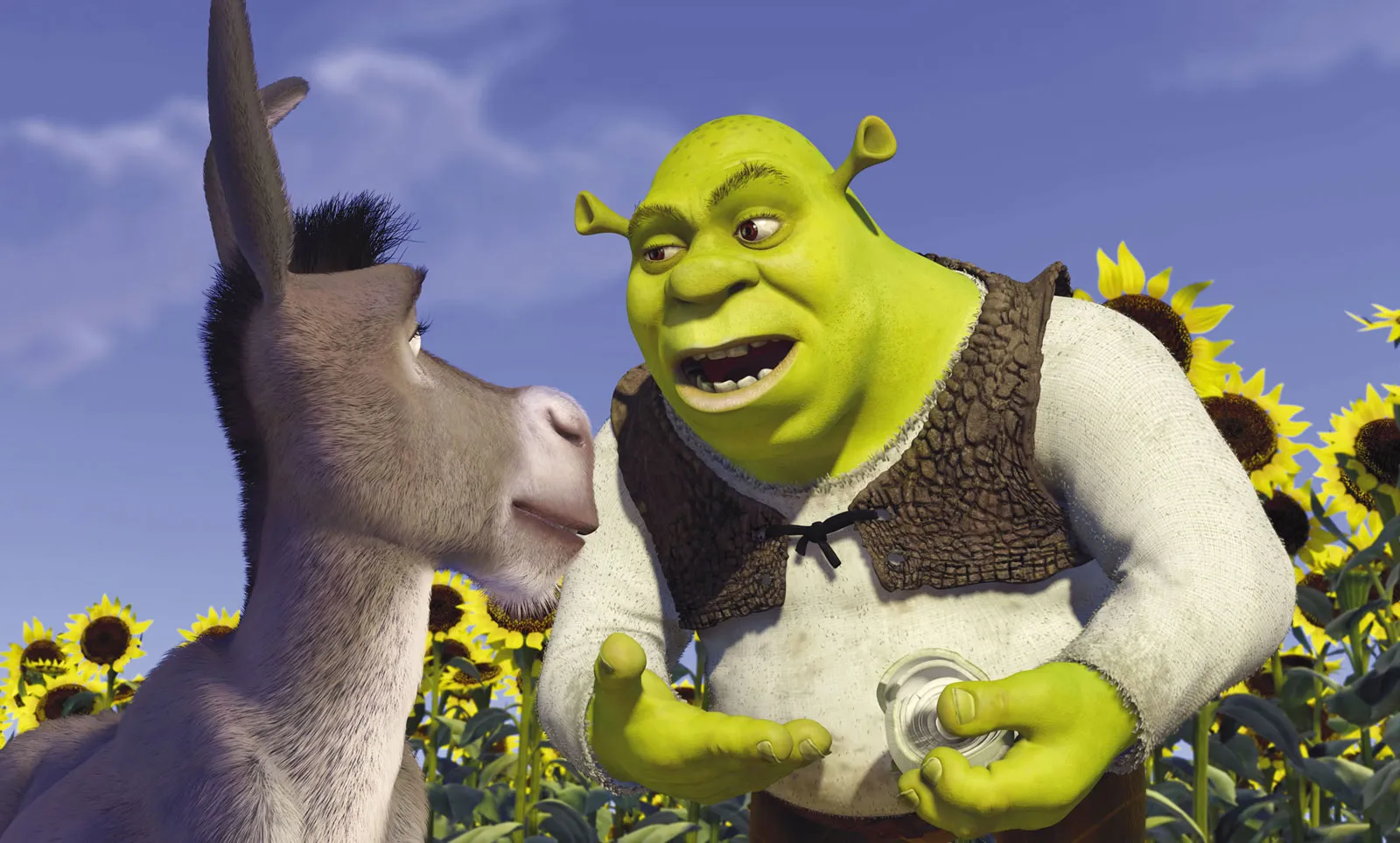
Unfortunately, the rapid release of more Shrek material diluted the brand. Nonetheless, the upcoming Puss in Boots: The Last Wish promises to inject new life into the series, offering Hope for the fifth film in development.
Bourne: A trilogy that lost its relevance with unnecessary sequels
The Bourne trilogy, starring Matt Damon, was universally enjoyable and helped establish Damon as a major movie star. However, without Damon’s involvement, the decision to continue the franchise with The Bourne Legacy significantly diminished its impact.
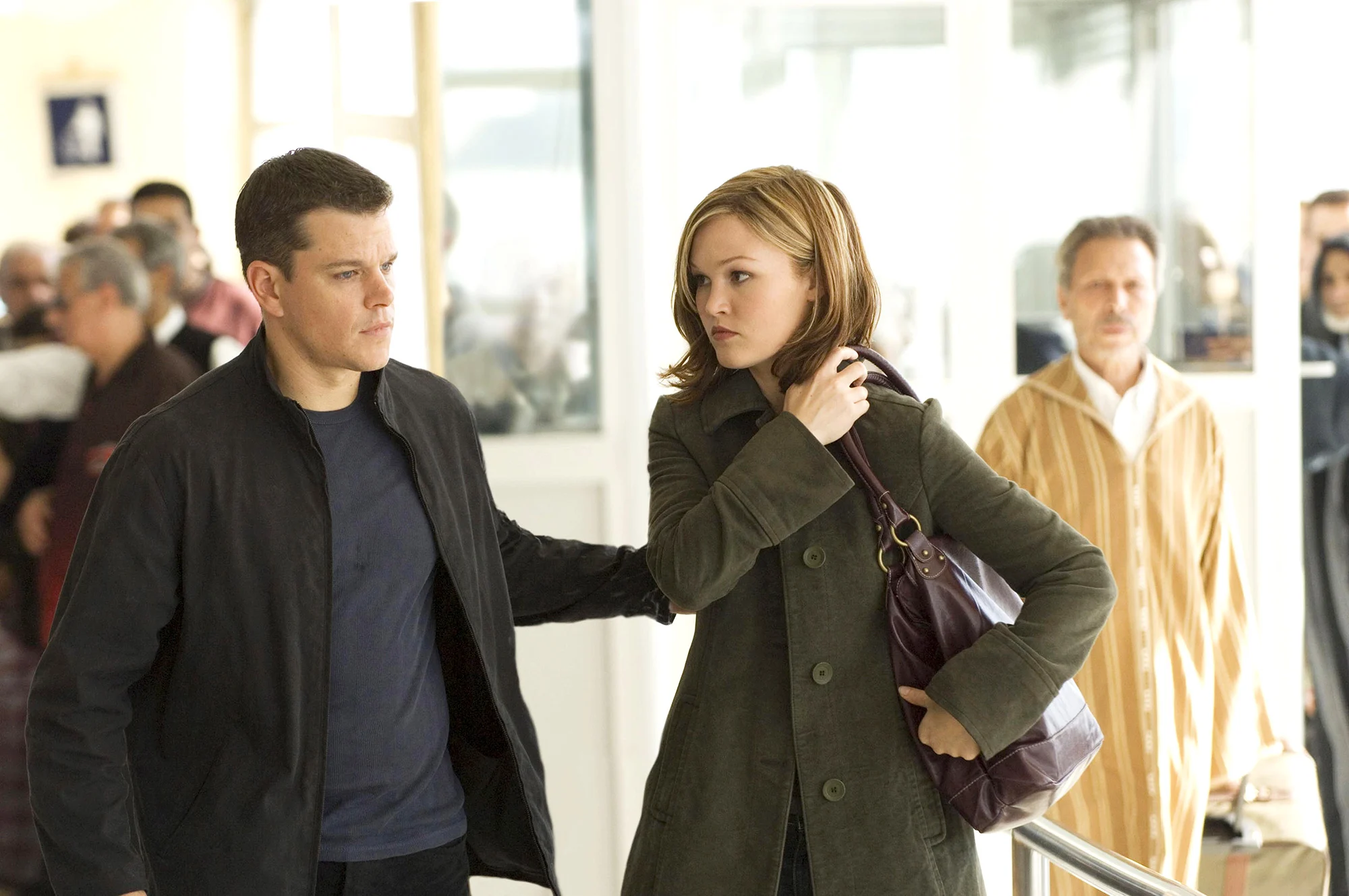
Even when Damon returned for Jason Bourne, it was too late. The film generated little conversation and failed to recapture the excitement of the original trilogy, leaving audiences disinterested in further Bourne installments.
Transformers: Sacrificing quality for the sake of profit
Despite their flaws, Michael Bay’s Transformers movies captured audiences’ attention with their over-the-top spectacle. The first three films built a cohesive story and visual style. However, the franchise took a nosedive with the fourth and fifth installments, Age of Extinction and The Last Knight.
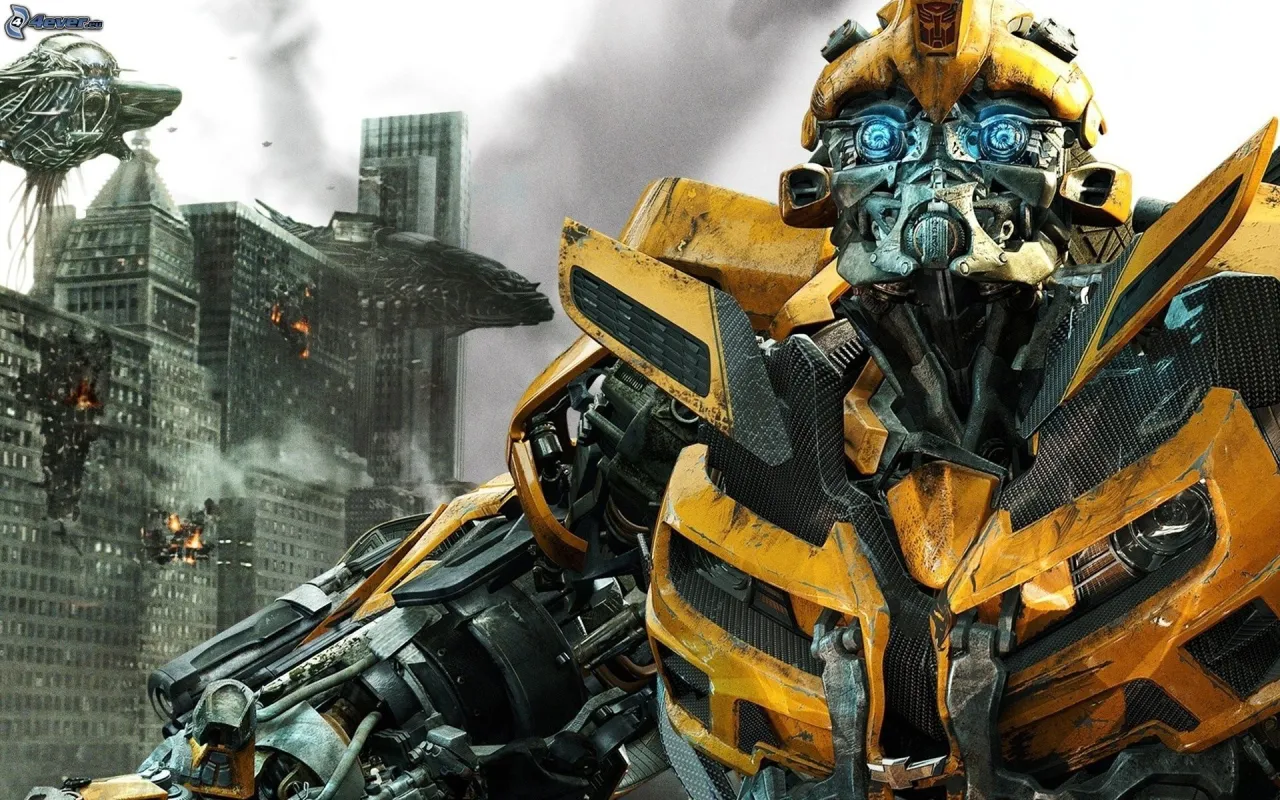
The focus shifted from quality storytelling to money-making opportunities, resulting in disappointing films that tarnished the Transformers trilogy’s reputation.
Men in Black: A series that should have remained a trilogy
The Men in Black series, starring Will Smith and Tommy Lee Jones, remained a beloved trilogy until the release of Men in Black: International. This disconnected fourth film felt like an entirely different franchise and was widely panned by audiences.
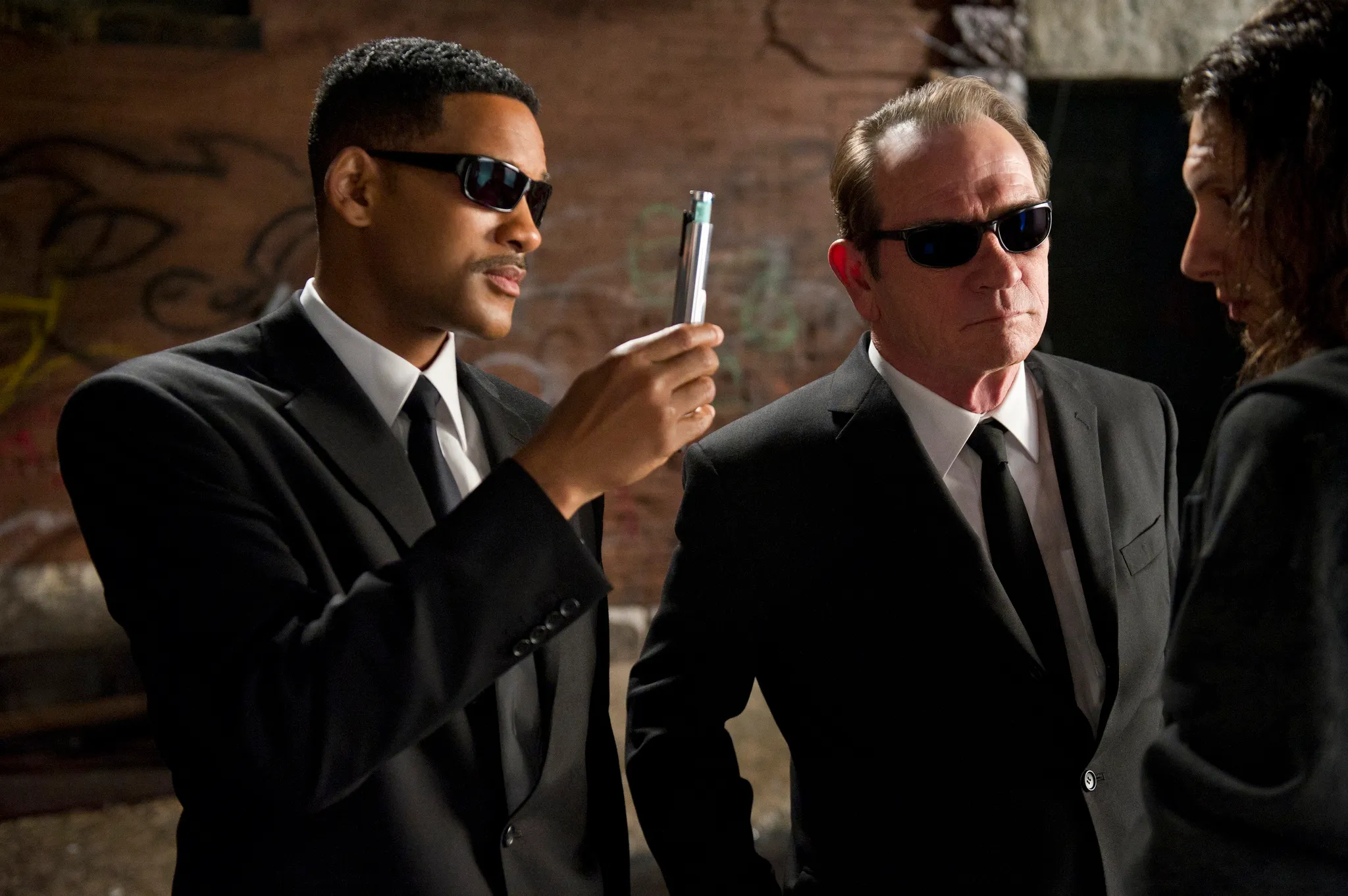
Despite an impressive cast, including Chris Hemsworth and Tessa Thompson, the movie’s failure at the box office spelled the end of any hopes of reviving the Men in Black franchise.
Superman: A Downfall after a classic trilogy
While the Christopher Reeve Superman films are considered timeless classics, Superman IV: The Quest for Peace was a significant low point. The movie’s troubled production, lack of confidence from the actors, and behind-the-scenes issues all contributed to its failure.

Despite the series’ tremendous success, this final installment left fans longing for a stronger conclusion, tarnishing the Superman legacy.
While the desire for more of our favorite franchises is understandable, sometimes it’s best to let a trilogy remain as a perfect and satisfying entity. These 11 examples demonstrate the risks of extending a series beyond its natural conclusion. As Hollywood continues to explore new avenues, let’s hope they recognize the value of preserving the magic of a well-crafted trilogy.


